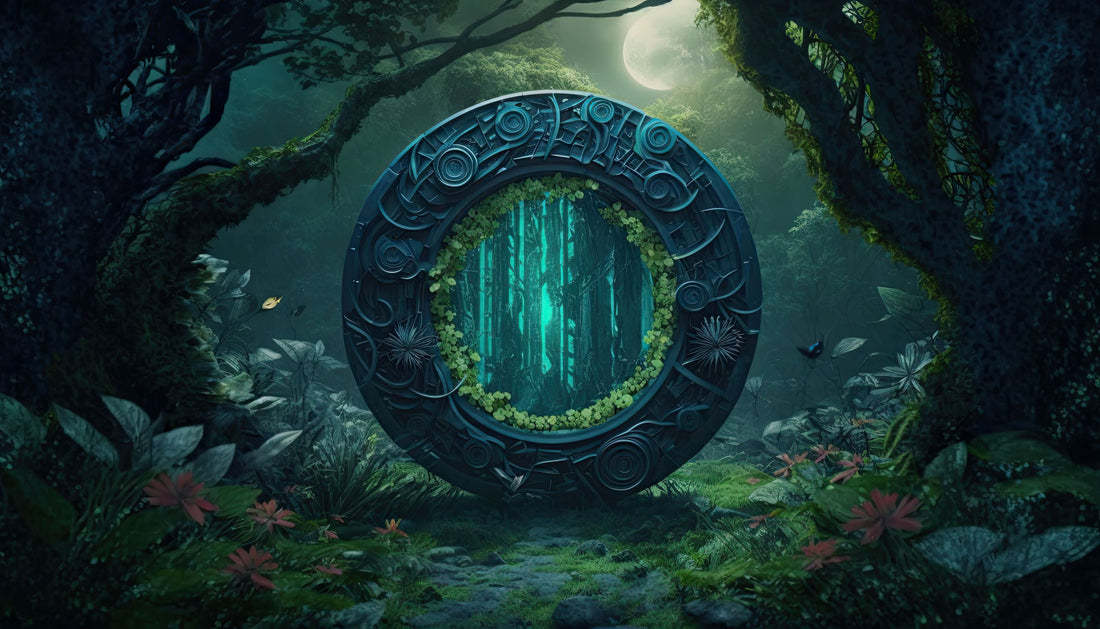
Bringing Cities and Towns to Life
Faren ChancyShare
Creating rich and immersive cities and towns for tabletop gaming sessions is a complex and rewarding process that can greatly enhance the gaming experience for players. Here are some tips to help you create a world that feels alive and vibrant:
-
Develop the city's history and culture: A city's history and culture are crucial to making it feel real. Create a timeline of major events in the city's past, such as wars, natural disasters, and political upheavals. Determine the city's main industry, religion, and government structure, and think about how these factors have shaped the city's character.
-
Create distinct neighborhoods: Just like real-world cities, tabletop gaming cities should have distinct neighborhoods with their own unique characteristics. Think about the different social classes, ethnic groups, and economic factors that would shape each neighborhood. Consider the types of buildings, shops, and businesses that would be found in each area.
-
Flesh out landmarks and points of interest: Every city has landmarks and points of interest that help define its character. Create a list of important buildings, monuments, and public spaces that your players can explore. Consider creating maps or illustrations of these locations to help players visualize them.
-
Populate the city with NPCs: Non-player characters (NPCs) are an essential part of any city. Create a cast of characters that players can interact with, from merchants and street vendors to politicians and religious leaders. Give each NPC a distinct personality and backstory to make them feel like real people.
-
Consider the city's economy and infrastructure: A city's economy and infrastructure can greatly impact the gaming experience. Think about the transportation options available to players, such as roads, bridges, and public transportation. Determine the types of goods and services available in the city, and consider how these factors might impact the cost of living.
By following these tips, you can create a rich and immersive city or town that feels like a real place for your players to explore and interact with. Remember to stay flexible and be open to improvisation as your players navigate the city, as their choices and actions can greatly impact the world you've created.
